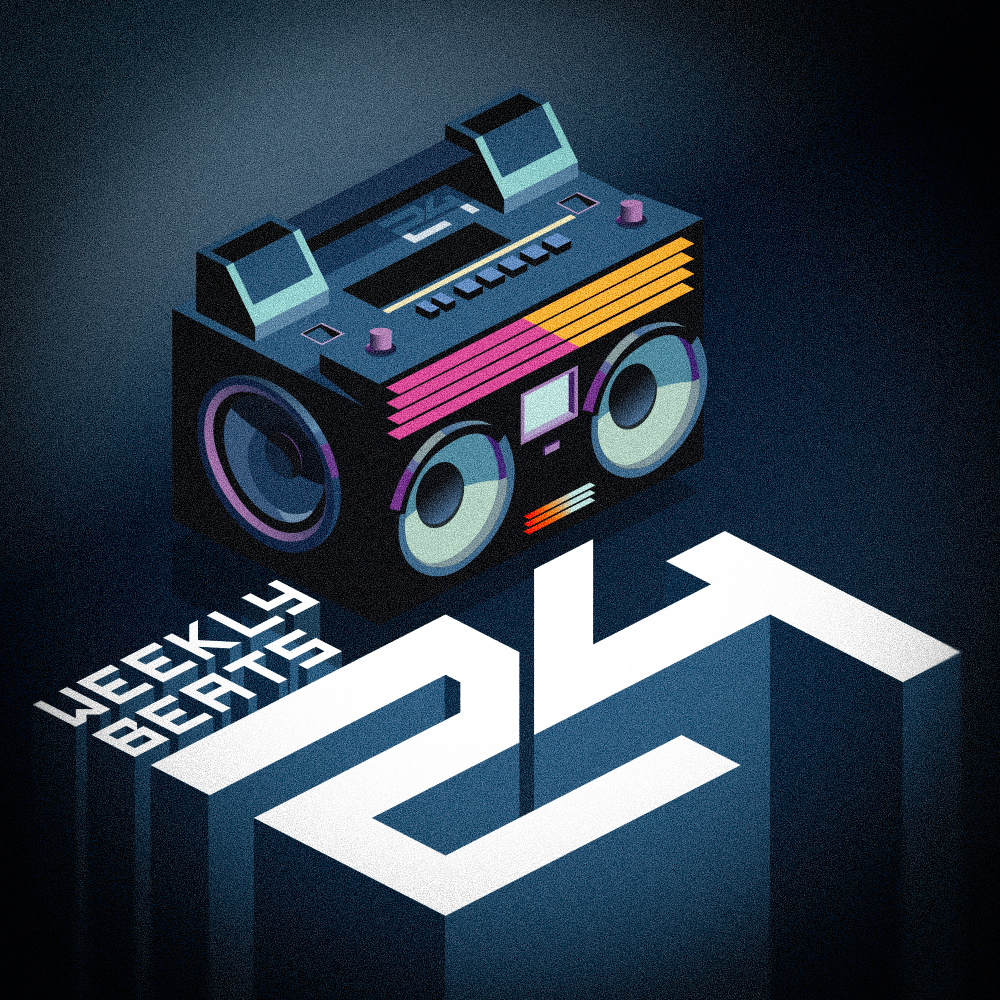Angular
By fc on January 20, 2012 3:31 am
This composition again uses the Nodal software (see previous submissions for link), this time in a completely different way. This piece took me a few days to compose, firstly I came up with a series of three possible chord progressions, which the nodes chose at random. All based in or around A minor. Then I created the melody network and the "B section" networks. I wanted to explore the new features of Nodal 1.8, namely, having nodes select at random parts of their data strings, and the ability to make chords into data strings. Previously you would need to create three, four, five (however many note chord) nodes to sound simultaneously for the effect of chords. Now, nodes can do it, and they can do it at random. Nodal can now also do relative pitch increases and decreases, as shown in the video.
I tried to do something similar to this last year, and the resultant piece is called "The Owl Teaches" and is on my website.
The video aims to show some of the workings of Nodal in more detail than my previous video. As you can see, the networks are comparatively much more detailed and complex, however, there is only one "voice" or "instrument" compared to the three that I used in the last two pieces. All velocity and duration changes are generated by Nodal. It also features shifting time signatures based on relative distance from node to node, these time signatures are indicated in Logic.
I ran into the annoying problem of the entire thing being a semiquaver out of synch, which means that I coudln't (easily) generate a score to accompany the work. I need to mention this to the Nodal devs I think. I'm sure I was just doing something wrong...
Note about video: the first 27 seconds or so show the pre-performance setup, by muting and unmuting various nodes I control what melodic gestures occur when in the piece. They are, therefor, silent.
Audio works licensed by author under:
CC Attribution Noncommercial No Derivative Works (BY-NC-ND)
